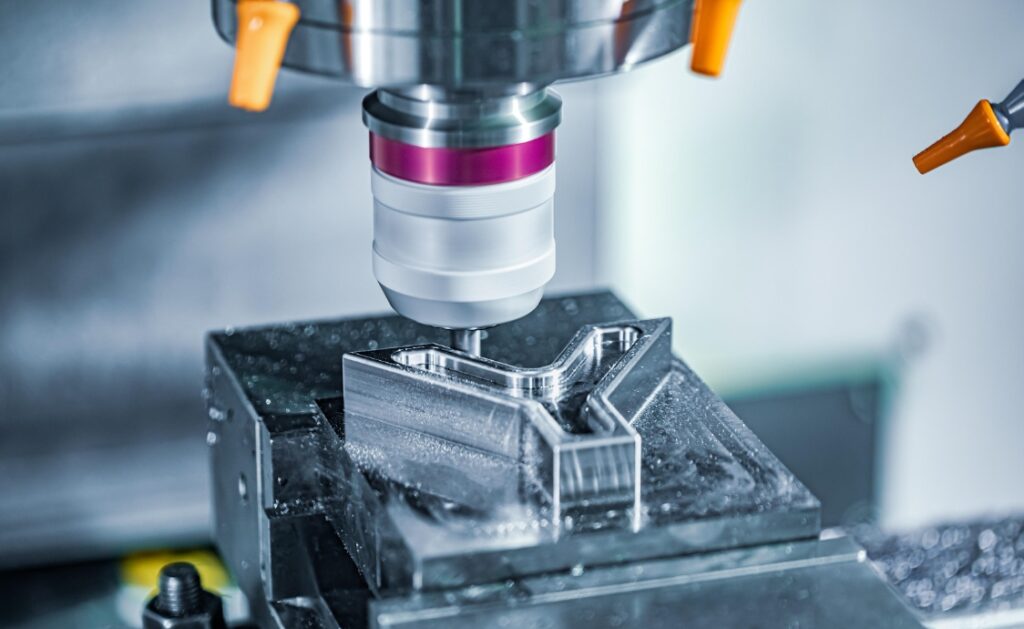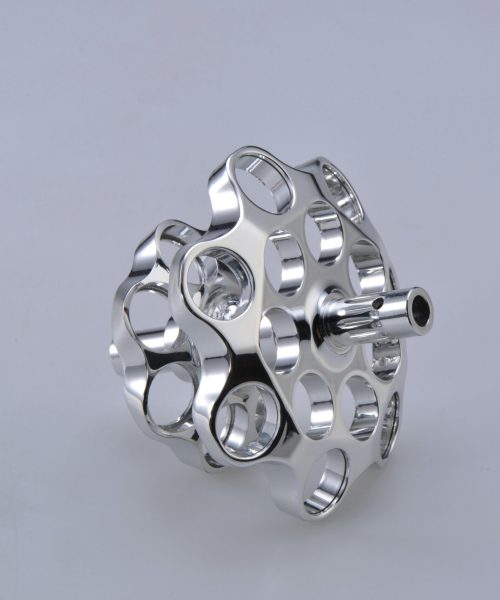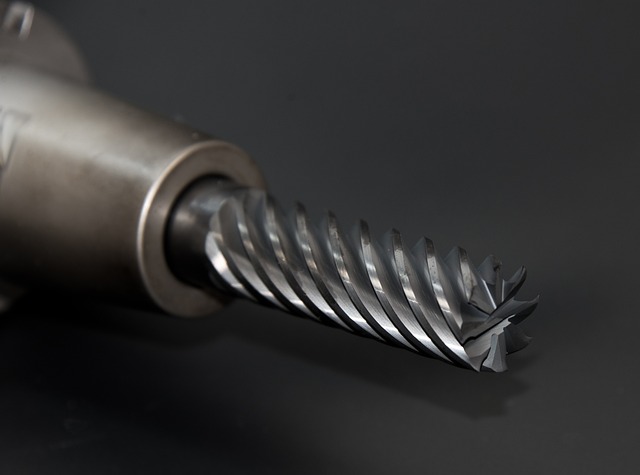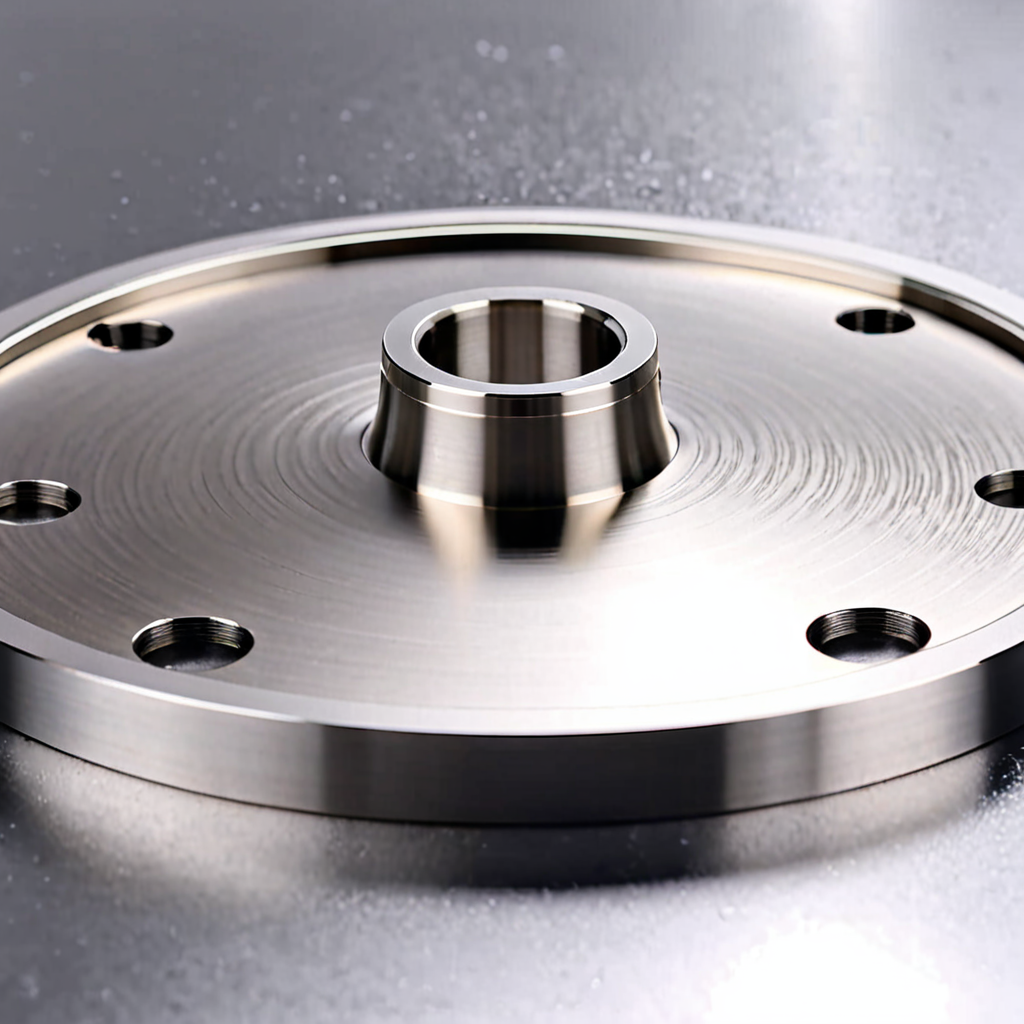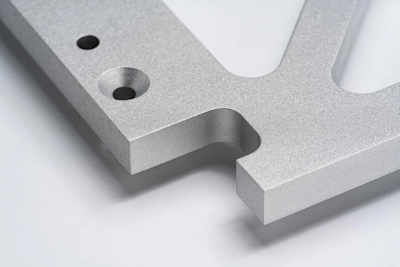High precision manufacturing is a critical sector that demands meticulous attention to detail, minimal defects, and consistent quality. Industries such as aerospace, automotive, medical devices, and electronics rely on this sector to produce components with tight tolerances. Automation plays a pivotal role in achieving these stringent requirements by replacing human error with machine precision, thereby elevating the manufacturing process.
At the heart of automation in high precision manufacturing are technologies like Computer Numerical Control (CNC) machines, robotics, and automated inspection systems. CNC machines excel in performing complex tasks with repeatable accuracy, essential for creating intricate parts. Robotics, on the other hand, handle assembly and material handling with precision, minimizing human intervention. Automated inspection systems, equipped with vision systems or sensors, detect defects, ensuring rigorous quality control.
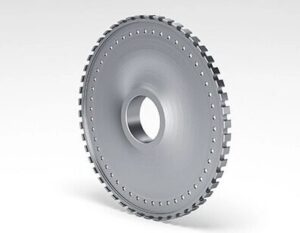

The integration of these technologies not only enhances precision but also boosts efficiency. Automation accelerates production processes and reduces downtime, allowing manufacturers to meet high-volume demands without compromising quality. This scalability is crucial for industries needing to increase production while maintaining consistency. Additionally, automation reduces costs by minimizing waste and the reliance on manual labor, offering long-term financial benefits.
The role of advanced technologies like Artificial Intelligence (AI) and the Internet of Things (IoT) cannot be overlooked. AI optimizes production processes and predicts maintenance needs, preventing unexpected halts. IoT enables real-time monitoring and data exchange, making manufacturing systems more responsive and adaptive to demand fluctuations.
Despite the advantages, implementing automation requires significant initial investment. However, the long-term benefits often justify these costs. As technology advances, automation becomes more accessible, making it viable for a broader range of industries.
In conclusion, automation is indispensable in high precision manufacturing. It enhances accuracy, efficiency, and scalability while driving innovation and competitiveness. As industries evolve, the integration of automation will remain central to meeting the demands of this precise and demanding field.
Advanced Materials In High Precision Manufacturing Applications
High precision manufacturing is a specialized field that demands the creation of products with exacting specifications, minimal defects, and high consistency. This sector is pivotal in industries such as aerospace, healthcare, automotive, and electronics, where even the slightest imperfection can lead to significant operational issues. Central to this field are advanced materials, which offer superior properties compared to their traditional counterparts, enabling the production of components that meet stringent performance requirements.
Advanced materials are characterized by their enhanced strength, durability, conductivity, or thermal resistance. Examples include carbon fiber composites, titanium alloys, advanced ceramics, and specialized polymers. These materials are crucial in high precision manufacturing as they allow for the creation of parts that can endure harsh environments, are lightweight, or possess specific functionalities. For instance, carbon fiber is widely used in aerospace for its strength and lightness, contributing to fuel efficiency.
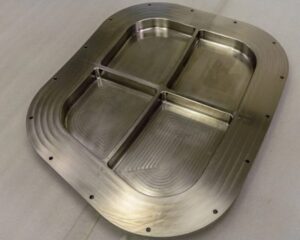

The applications of these materials are diverse. In aerospace, titanium and composites are integral to structural components due to their strength-to-weight ratio. Healthcare relies on biocompatible materials for medical devices and implants, ensuring safety and compatibility. The automotive industry utilizes lightweight materials to enhance fuel efficiency without compromising safety, while electronics benefit from materials with high thermal conductivity for efficient heat management.
Despite their advantages, advanced materials present challenges. Their high cost and complex processing requirements can escalate production expenses. Additionally, the precise control needed during manufacturing can drive up costs, and the recycling of these materials often poses environmental challenges due to their complex composition.
Looking ahead, research focuses on developing materials with innovative properties, such as self-healing capabilities or adaptability to varying conditions. Sustainability is also a key focus, aiming to enhance eco-friendliness and reduce waste in production processes. As technology evolves, the integration of advanced materials will likely expand, driving further advancements in high precision manufacturing.
In conclusion, advanced materials are indispensable in high precision manufacturing, offering solutions that meet the exacting demands of various industries. While challenges remain, ongoing innovations promise to unlock new possibilities, ensuring continued progress in this critical field.
Metrology And Quality Control In High Precision Manufacturing
In the realm of high precision manufacturing, where even the slightest deviation can lead to failure, metrology and quality control are paramount. These processes ensure that products meet stringent specifications and maintain the highest standards of quality. Metrology, the science of measurement, is fundamental in this context, providing the tools and techniques necessary to achieve precision down to the micron level.
Metrology in high precision manufacturing involves advanced tools such as coordinate measuring machines (CMMs), laser scanners, and interferometry. These instruments enable precise measurements at various stages of production, from raw materials to finished products. Industries like aerospace, automotive, and medical devices rely heavily on such tools to ensure components meet exacting standards, thereby preventing costly rework and enhancing efficiency.
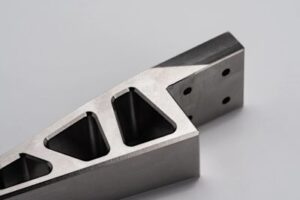

The integration of metrology with quality control processes is seamless, ensuring that any discrepancies are detected early. Measurements are taken throughout production, allowing for immediate adjustments and reducing waste. This proactive approach not only enhances product quality but also streamlines manufacturing processes, contributing to overall efficiency.
Modern metrology software plays a crucial role by analyzing data in real-time, providing actionable insights for production floor adjustments. This dynamic system fosters a responsive quality control environment, essential for maintaining precision and adaptability in manufacturing.
Calibration and traceability are equally important, ensuring measurement accuracy and compliance with industry regulations. Regular calibration of instruments and traceability to national or international standards maintain consistency and reliability across production lines.
Advanced technologies like Industry 4.0 and the Internet of Things (IoT) further enhance metrology and quality control. These technologies enable real-time monitoring, predictive maintenance, and data-driven decisions, elevating the precision and efficiency of manufacturing processes.
Despite these advancements, challenges remain, including the high cost of precision instruments, the need for skilled personnel, and maintaining quality standards in global supply chains. Addressing these challenges is crucial for sustaining high precision manufacturing.
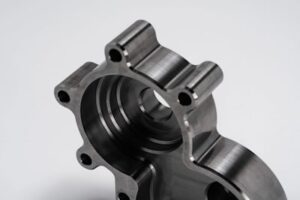

In conclusion, metrology and quality control are indispensable in driving innovation and competitiveness in high precision manufacturing. These processes ensure the production of reliable, high-quality products that meet stringent industry standards, underscoring their vital role in the success of modern manufacturing.

